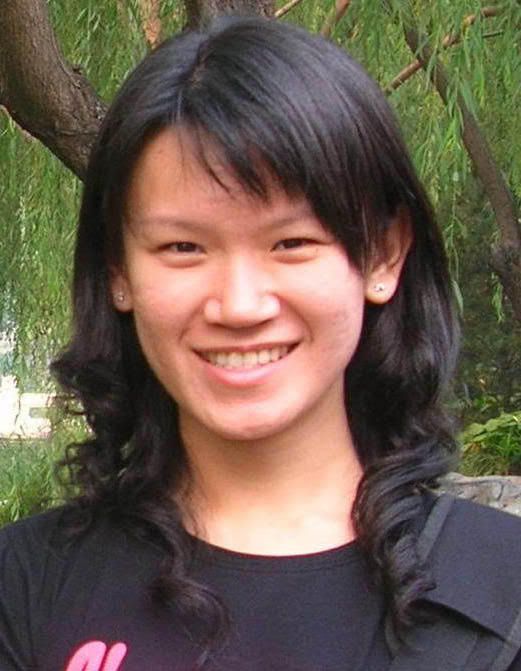Doctors are from Jupiter and Patients are from Pluto?
The recent fury in ST forum about a certain GP who refused to do a home visit for a patient sparked this entry.
Before I applied for medical school, I knew this job would be a tough one. It would require a lot of academic hardwork, long working hours, devotion, sacrifice, etc. My cousin who was then in his HOship or early MOship questioned me a couple of times and tried to deter me from joining the profession. Obviously, I turned a deaf ear to his advice and here I am trying to fill up this large shoe which i chose for myself.
I think the notion of "being a doctor" seems to have evolved over the years. In the past, the doctor was held in high esteem. The people considered him a saviour, a saint who has the "powers from God" to heal and save lives. They listened to whatever he had to say and bow in reverance as they waited for his healing hands to fall upon their sick bodies.
Sure... it was a large shoe to fill then already. The doctors in the past studied and worked very hard too but AT LEAST they had the support and trust of the people they treated. This gave them utmost satisfaction and self-fulfillment. They felt that they'd made a difference to this world and this made them feel noble. This spurred them on to continue to serve the people and create a better world for everyone else. It does not matter if they have to sacrifice their lunch or other aspects of their life because smiles and thanks from these trusting people were enough to circumvent everything.
Today, the same academic and professional challenge exists - even more so now that technology is changing at an exponential rate. Population boomed before the medical school intake increased in time, so doctors still work crazy hours and sacrificed social and family life in the process.
However, it is becoming more and more difficult to please the people. They've become a group of demanding and distrusting individuals. They throw angry words in the consultation room or wards and complaint letters to the press at the slightest excuse available.
A proportion of doctors becomes very disillusioned due to this. They feel that healthcare is being treated as a service industry with their professionalism being questioned all the time. Their behaviour or misbehaviour is broadcasted and judged by all the displeased people in the world. They stopped feeling the satisfaction which their predecessors got from their rapport with patients. Their initial noble and altruistic view of the profession slowly gets drained with every patient contact and experience. They sniggered when the displeased people demand that they should give their all to their profession cos in their minds they think, "WHY SHOULD THEY when the people are so undeserving?"
This is indeed a perplexed and perpetuating problem that is spiralling out of control recently. Eventually, it's a simple relationship problem, isn't it? As with any relationship, it takes 2 hands to clap. It takes 2 to work hard to maintain the rapport and good relationship. It is never just one party's fault when the relationship fails.
The patient (or relatives) needs to learn to trust and not play the blame game when things go wrong. On the other hand, the doctor also needs to keep a check on his own professionalism by updating his knowledge and skills constantly so as to gain the people's trust. If one party is nice and sweet to another, the other party will reciprocate. If the patient is not angry and swearing away, the doctor will be in a better mood and mental frame to assess and treat him, instead of having to spend tremendous energy in trying to appease him. If the doctor is patient and communicates well, the patient will love the doctor and the last thing he will do is complain against him.
In any relationship, managing expectations is important too. If you expect a lot, you have a higher chance of becoming disgruntled and unhappy. This group of displeased people wants the doctor to know a lot, do a lot, serve a lot cos they place a lot of expectations on this so-called "noble calling". The doctor tries his best but can still easily fall short of these high expectations.
Lastly, overgeneralization worsens the problem. The group of displeased people is not everyone. There are still patients who give their utmost trust, appreciate good care and express their thanks readily. There are also a group of doctors who still hang on to the initial faith and calling and still do their best in their career no matter what obstacles might come. Some doctors also rely on the occasional good rapport and relationship with good patients to spur them on as well as to soften the blow from the displeased group.
All is not lost yet but it's hard to say whether someday it maybe totally lost.


0 Comments:
Post a Comment
<< Home